On June 24th 2022, the abortion rights of millions of US Americans were taken away. The US Supreme Court overturned Roe v. Wade, putting an end to the constitutional right to abortion in all 50 States of America.
It is a landmark ruling that will have wide implications for gender equality, human rights and freedoms all across the globe.
Access to abortion will now be limited or illegal for millions of people in the US, in some cases even if the unwanted pregnancy is the result of rape, incest or brutality. This could set a precedent for countries returning to conservative abortion legislation, endangering the lives of people who seek abortion.
When abortion is illegal and criminalised, pregnant people turn to unsafe measures to get rid of their unwanted pregnancies. And we all know that taking away legal access to abortion does not lead to fewer abortions. It leads to unsafe and dangerous abortions. The World Health Organization (WHO) noted that a staggering 45 per cent of all abortions around the world, are unsafe, making the procedure a leading cause of maternal death.
Could our abortion rights in Europe also be stripped away soon?
What do we know about the backlash on sexual and reproductive rights and health in Europe? And what can we do to defend abortion rights across the world?
We talked abortion rights with 6 feminists who are putting up a hell of a fight for sexual and reproductive freedom and justice in Europe.
Abortion rights are under attack in the USA – but abortion is also under threat in Europe
Abortion is legal throughout most of the EU, though the circumstances under which the termination of a pregnancy is allowed vary according to each country.
In a huge win for our rights, last year the European Parliament declared access to safe abortion a human right. However, in practice, access to abortion varies widely across Europe because it is considered a matter for national governements. Let’s go on a tour of Europe and look at different cases of abortion rights within the EU – Ireland, Malta, Poland, Northern Ireland, and Germany.
The Greens/EFA have called to add the right to abortion into the EU Charter of fundamental rights. This July Plenary the European Parliament will debate the resolution.
“We are afraid that Meloni wants to go further and to maybe follow Orban’s steps and require women to be psychologically “consulted” before the procedure.“
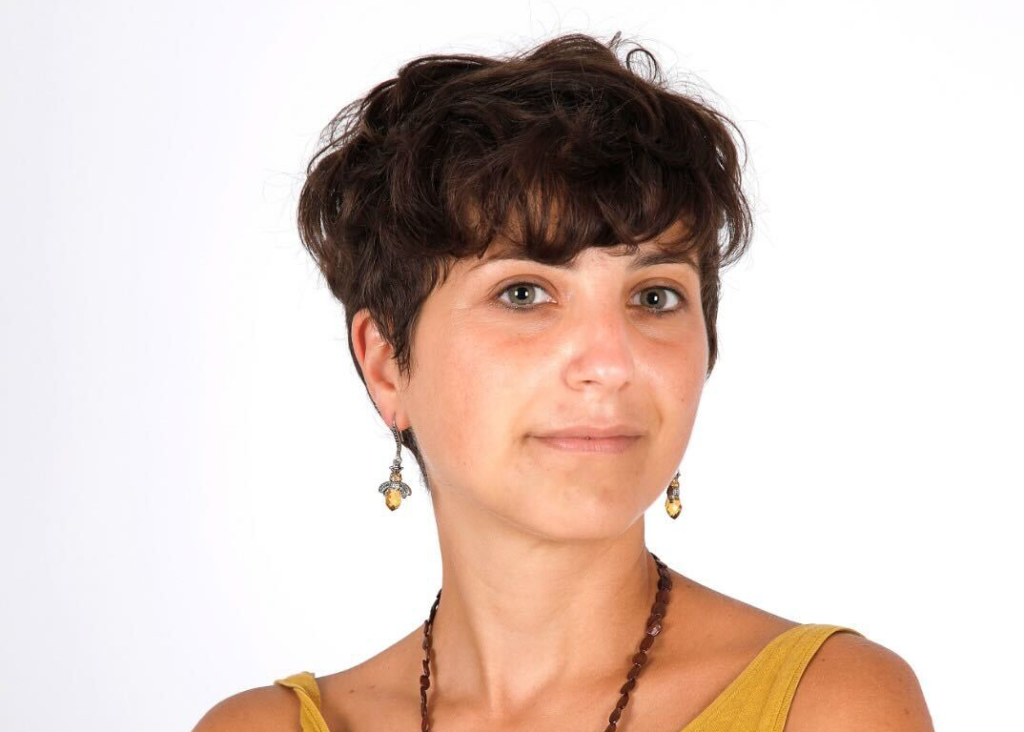
Benedetta Scuderi is Co-spokesperson of FYEG (Federation of Young European Greens). We talked to her about the situation on sexual and reproductive rights in her home country, Italy.
After recent elections in Italy, the country will face a radical right coalition government under Giorgia Meloni’s Brothers of Italy party. People in Italy are starting to worry about what this means for abortion rights.
What should feminists across Europe know about the situation on abortion access in Italy?
Abortion in Italy is possible since 1978 due to the famous “194 law”. People in Italy can have an abortion until the 90th day of their pregnancy. After that it is only possible between the 4th and 5th month of pregnancy for medical reasons. There are specific reasons to ask for an abortion procedure and self-determination is not among them. However, law vagueness allows a wide interpretation for what reason accessing an abortion is possible in any case.
This law came in after years of fights between the feminist movement in Italy and the catholic groups requests. The compromise is clearly seen in two main aspects of this law, the possibility of conscientious objection for doctors to not offer an abortion procedure after a 7 day waiting period after consultation.
Lately, more and more doctors are not operating abortion using their objections right. The State is not implementing any solutions to always guarantee a minimum number of doctors per hospital who are available for abortion. Therefore, access to abortion is getting complicated, and the situation is even worse in more conservative regions, like those run by Meloni’s Fratelli d’Italia. They also prohibited abortions pills, further limiting the access to legal and save abortion.
What is at risk now, after the elections in Italy in September 2022?
After the elections there is a high possibility that the access to safe abortion procedures will be further undermined. First, what has been happening in those regions governed by conservatives might be happening in the whole country. This could lead to a strict limitation of access to abortion, especially for more vulnerable groups who might not have time and resources to move around the country to find a doctor who can provide a save abortion.
However, there is more. Throughout her campaign, Giorgia Meloni clearly stated she wants to properly implement the first part of the 194 law. This is the part where the law requires a consultation with a doctor 7 days before the abortion procedure.
We are afraid that Meloni wants to go further and to maybe follow Orban’s steps and require women to be psychologically “consulted” before the procedure. Even worse, her government might decrease the cases in which abortion is possible and subject the access to a medical approval. These are not just fears, this could happen at any time now and we can’t let it happen.
How can we in the European Parliament support your rights?
We would like to see a European declaration for save and legal access to abortion and we want it to be included in the EU Chart of Fundamental Rights. The EU should also set minimum standards for abortion accessibility and women safety for the Member States.
Access to safe abortion means access to health care. Access to safe abortion is a human right, and the EU should treat it like so. We must stay strong and united to win this fundamental fight.
Access to safe abortion in Ireland: “They will never, ever stop coming for our reproductive rights. And we will never, ever stop fighting for them.”
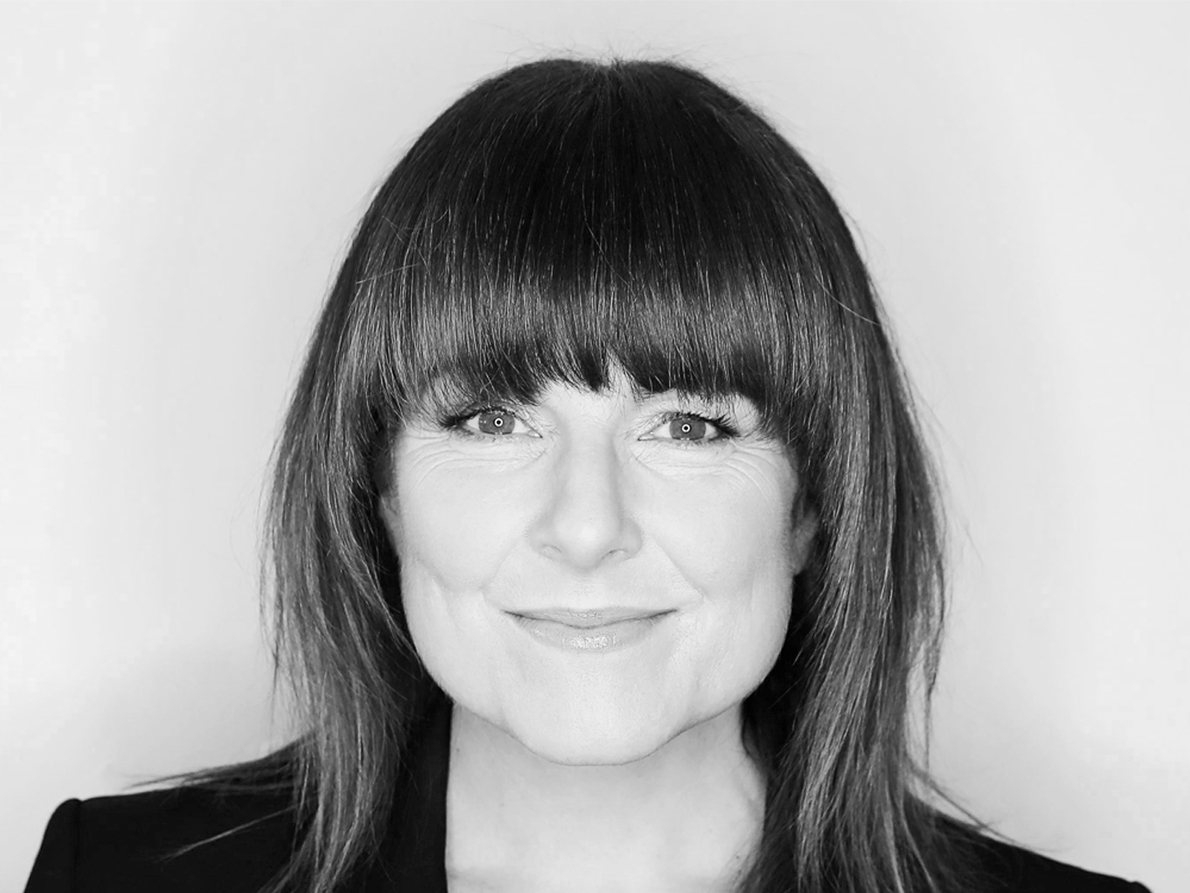
Tara Flynn is an Irish actress, author and pro-choice activist. She has been a vocal campaigner for reproductive rights and the repeal of Ireland’s 8th amendment.
What is the situation for abortion access in Ireland?
Here in Ireland, we voted by a landslide to repeal the constitutional ban on abortion in 2018. However, the pushback from anti-choice quarters remains. There still isn’t wide enough access. People with problems in later term are still having to travel. There’s an unnecessary three day wait, which serves no purpose other than to assume that the person making this very personal decision doesn’t know their own mind.
I think the most important thing people should know is this: even though a majority of people in Ireland understand that abortion has always been needed and always will be – and they very clearly voted to reflect that – conservative forces will always be coming for our bodily autonomy and reproductive rights. We need to stick together, keep the pressure on our politicians, and not let our guard down for a second.
Are you afraid the Roe v Wade US Supreme Court ruling will impact the abortion rights in Ireland?
There’s a long-standing relationship between anti-choice forces here in Ireland and those in the US, even if it’s not always overt. They fought our campaign for abortion rights tooth and nail. I have no doubt they feel emboldened by the overturning of Roe. But we’re not going anywhere – certainly not back to punishing pregnant people in need and removing their privacy and dignity.
The pro-choice community in Ireland – what kept your abortion rights activism going in challenging times?
The pro-choice community in Ireland really came together and held each other up. I used to say, “It’s not a sprint. Nor is it a marathon. It’s a marathon we’re being asked to do at a sprint.” What I meant by that is, we all need to do our part and we can’t leave it up to “them over there” or “activists”. By taking any action – even supporting a friend through a crisis pregnancy – you’re an activist. In that way, we need the race to be a relay: one person takes an action today, someone else the next. It’s far too easy to burn out. That’s why we have to do this together.
“Taking away the right to abortion in the US is an attack on our rights. But it will hit women of colour, disabled women and other marginalised communities the most“
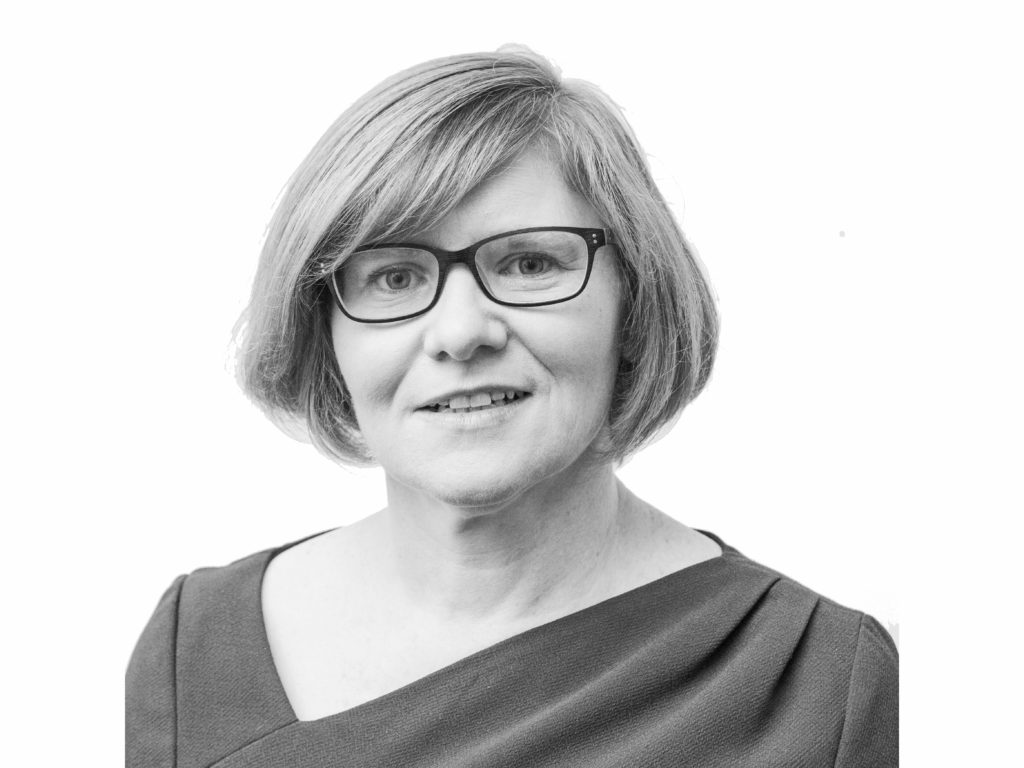
Orla O’Connor is the Director of National Women’s Council (NWC), the national women’s membership organisation in Ireland.
What’s happening in the US is an attack on women’s rights. It’s about control and power over women’s bodies and women’s lives. As with all reproductive rights restrictions, it is the most marginalised who will bear the brunt of this. It is women of colour, disabled women and pregnant people. Those who don’t have the resources to travel to states that do provide the care.
In Ireland, we know that restrictions in our legal framework and poor geographical coverage of services are also having a disproportionate adverse impact on marginalised communities here. I hope the US ruling will strengthen our collective resolve to demand that the ongoing Abortion Review tackles the legal barriers and brings our abortion care in line with WHO guidelines.
Lessons from the US Supreme Court Ruling Roe v Wade – We cannot be complacent
The lesson from the US is that we can’t be complacent. We have to express solidarity with those directly impacted by the Supreme Court decision. We must continue to effectively organise and advocate for true reproductive rights here in Ireland.
Support and solidarity with a broad range of fellow reproductive health and rights advocates has been one of the most sustaining and fulfilling parts of my career to date. It’s so important to have that support system and to work together to achieve the change we know is urgently needed.
Poland imposes a near total ban of abortions in 2020 – Millions take on the streets for their abortion rights

Magdalena Gałkiewicz is a women’s rights, animal rights and climate activist, and Secretary General of the Polish Green Party.
Could you describe the situation of abortion access in Poland right now ?
In practice, abortion is prohibited in Poland.
It is banned by the hands of the Polish Catholic Church and right-wing populists in power. They want to please the religious extremists and the international network of the Tradition Family and Property (TFP) sect. The TFP has a strong position in Poland thanks to the ruling right-wing populist coalition.
The fight for freedom and human rights is a struggle between two realities. The reality of an authoritarian, patriarchal-religious-conservative past with an eco-feminist, sustainable and empathetic future.
Abortion bans in Poland and now in the US – how are they connected?
The overruling of Roe v Wade worries me because the impact on the change of law in the US was made by the same international sect as in Poland. And it is both rich republicans from the US and Russian oligarchs who finance this Tradition Family and Property (TFP) sect.
If we do not resist together, the ban will spread from the US and Poland to other EU countries. It will spread through the EU, starting in Central and Eastern Europe.
Let’s support each other. Let’s talk boldly about our abortion experiences. Let’s not be afraid. Let us unite – the thousands, hundreds of thousands, millions of us. Together, we will be strong!
But let’s also remember that feminism is not only about the right to abortion and the right to gender equality. It is a fight for our future. We have to show solidarity with our sisters from the global south. It is a fight for the next generation and for the future of our planet.
Malta upholds a total ban on abortion – Each action for abortion rights counts!
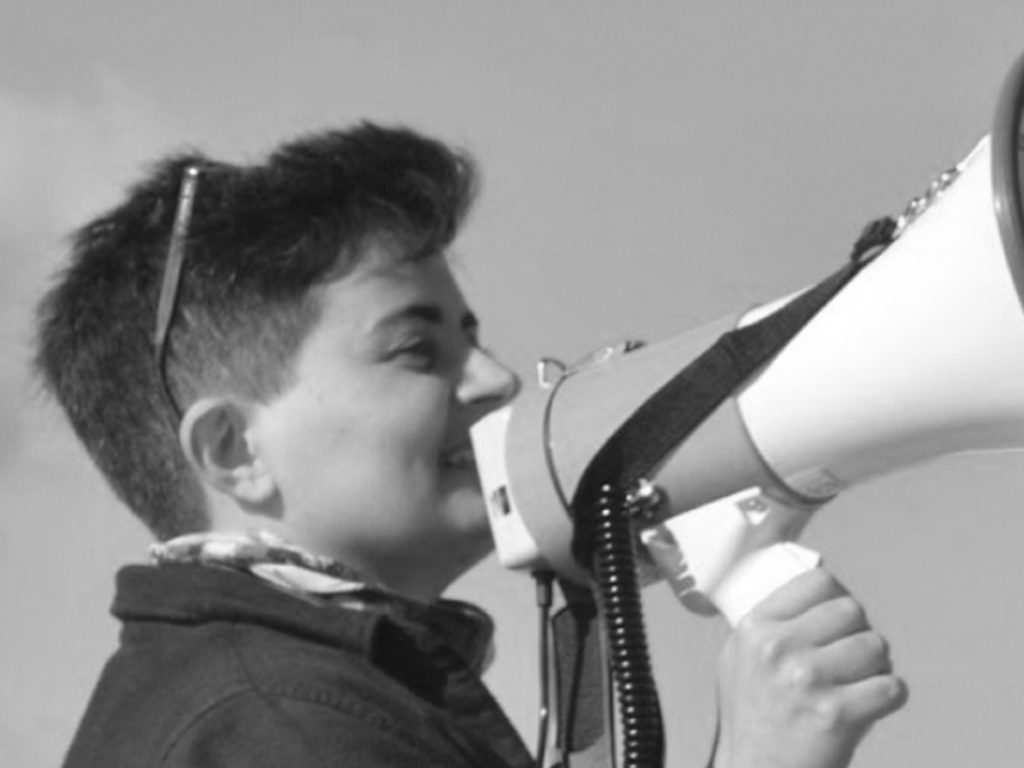
Mina Jack Tolu is a committee member of the European Greens, and the International Secretary of the Green Party in Malta.
What should green feminists across Europe know about the situation on abortion access in Malta?
Malta has completely banned abortion. And, like in other countries where abortion is illegal, all this does is exacerbate the divide between rich and poor. Criminalising abortion doesn’t stop them from happening. It turns it into a luxury service that many can never afford. This is especially true when people have to go abroad to access a safe abortion.
Malta’s pro-choice movement is growing year after year. However, it takes time to fight a status quo set in the 1850s. The first step for many activists has been to question the society we grew up in. We’ve had to unlearn years of inadequate education on sex and sexual health. We then had to challenge the taboo and stigma in our own families and communities. This takes hard work.
What are the struggles of abortion rights activists in Malta and how can we support them?
The best advice I have received for mobilising and campaigning came from the trans rights movement. It encouraged me to look comprehensively at the attacks on reproductive rights across our struggles. Reproductive rights are often undermined by those wishing to uphold and maintain racist, classist, and ableist structures in society.
And I will contrast this with the worst advice: Being an openly pro-choice politician in Malta is political suicide. Unfortunately, many of my pro-choice colleagues in other parties continue to follow this advice. With time, I hope they find the courage to step up and make their voice heard.
Fighting for access to abortion in Malta – things to be aware of
When it comes to self-care in activism, it is important to recognise and respect your own boundaries. I am one of the first publicly pro-choice politicians in Malta. This is why I faced a lot of hate online which triggered anxiety around public speaking and recording video messages. I am only starting to overcome it now, three years later. But it didn’t stop my work behind the scenes. I kept helping to build networks and push for policy change within the Greens.
Activism for sexual self-determination would not be possible without building a community. Just like drops in water, each individual action has a ripple effect impacting more people than we could ever know. So keep fighting!
Germany changes the law – The ban on ‘abortion advertising’ is finally history
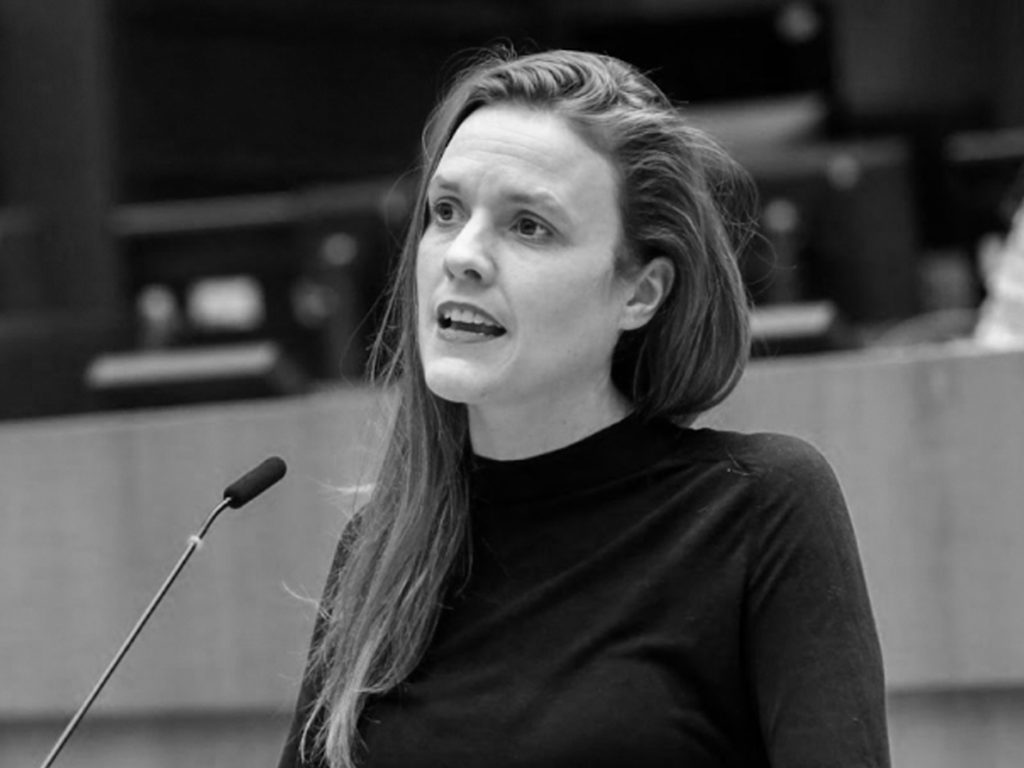
Terry Reintke is a Member of the Greens/EFA Group in the European Parliament from Germany.
Let’s end with some stories of hope. For many years, the German Greens were fighting to abolish paragraph 219a of the German criminal law. On the same day as the Roe v Wade Court ruling took away the US right to legal abortion, Germany came one step closer to save and legal access to abortion.
It was an ugly legacy of the Nazi regime aiming to prevent women from getting information on the medical procedures of an abortion. In recent years, anti-choice activists had been using this paragraph to sue doctors who had published information about how to end an unwanted pregnancy on their websites. But those brave doctors, led by Kristina Hänel, fought back and went to the highest German Court – and they won.
Thanks to their courage and persistence, the Greens (as part of the German government) were able to put an end to this unbearable situation, Doctors won’t be criminalised anymore for providing the most basic service and information to women who want to undergo an abortion.
Legal access to abortion in Germany – still a long way to go

Malena Meneses Gelpi is a medical doctor, surgery resident, doula and visual artist based in Berlin.
In Germany, abortion itself remains an illegal procedure – and it is still a long and winding road to get to a point where you are provided with an abortion. Many still face huge obstacles in getting the information and unconditional support they need when facing unwanted pregnancies. Just days ago, the prohibition against the “commercialisation” of abortion was taken down, giving millions of people safe access to life saving information. For me as a physician, it’s a relief to see brave colleagues being decriminalised and witness a step forward for women* inside a misogynist system.
Are you worried that the US ruling will impact abortion rights in Germany?
Just like the United States of America, we too are strongly influenced by outdated so-called Christian values that try to dictate a woman*’s role in society. I think it should alarm us how fast we have adjusted our lives around the achievements of feminist fights and glories from the past. On the other hand, we can also see how dangerously fast they can be taken out of our hands. We should look at our North American sisters* with concern and feel the urge to be even more vocal about self-determination concerning our bodies and the right to decide on having an abortion.
We have to keep fighting for women*’s liberation on a daily basis: at the workplace, in your neighbourhood, inside your biological family, but also in the family you choose. But we can’t be fighting all the time – we need to be healthy and alive for the long journey towards gender equality and sexual freedom.
“Northern Ireland has shifted from the most restrictive regime on abortion to one of the most liberal overnight. But we need to stand firm to defend those rights.”

Clare Bailey is a Northern Irish politician and Leader of the Green Party Northern Ireland. She has actively supported people seeking abortion and survivors of sexual violence throughout her career.
What did you think when you heard about the Roe v Wade Supreme Court ruling on abortion rights in the US?
There has been a global outpouring of condemnation over the recent ruling of the U.S. Supreme Court to strike down Roe v Wade. But evidence shows we cannot ban abortions, we can only ban safe ones.
We know that banning abortions will not stop them from happening. It will instead stop safe abortion from happening and put women’s lives and livelihoods at risk. This is what the evidence shows us.
What is the situation of access to safe and legal abortion in Northern Ireland and do you think the Roe v Wade ruling will affect it?
Northern Ireland has shifted from the most restrictive regime in the world, to one of the most liberal overnight. While this was a good news story, without the proper commissioning of services, women will still struggle to access the full healthcare they need.
As our laws changed, the world was in lockdown due to the COVID-19 pandemic. We were told to stay at home to save lives. Regarding abortion services at that time, we saw access to telemedicine open up and women being allowed to self-medicate at home. We have known for a very long time that these pills – mifepristone and misoprostol, used to perform medication abortions – are some of the safest medicines we have. The WHO has listed them as essential medicine. But in Northern Ireland, our Health Minister did not make this service available. During the pandemic, we continued to force women to travel to England.
The U.S. has dealt a brutal blow to women. And this will, of course, embolden anti-choice advocates everywhere. You can hear it in the recent words of Conservative MP, Danny Kruger, speaking about bodily autonomy, saying: “in the case of abortion, that right is qualified by the fact that another body is involved… this is a proper topic for political debate,”.
The UK needs to pay attention and stand firm that there will be no roll back on our hard won rights.
Five ways to rise for our rights to safe and legal access to abortion in the EU and around the world
Here are 5 ways we as a pro-choice abortion activists inside and outside politics can defend our rights:
- Start a petition: In Finland, Naisasialiitto Unioni coordinated a citizen’s initiative to loosen restrictions around abortion access. The #OmaTahto petition aims to update the country’s old legislation, dating back to the 1970s. They reached the threshold of signatures in record time, and the proposal will be discussed in Parliament in the fall of 2022.
- Join local protests and donate to causes: If you can, join protests and support your local feminist organizations in the pursuit of reproductive justice. Start a fundraiser to donate money to charities. Find a local protest under our instagram post and add your city in the comments!
- Vote for a woman or run for office: The case of Roe v. Wade raises critical questions about politics, power and decision-making. According to the Los Angeles Times, male senators accounted for 91% of the votes to confirm the five justices who overturned Roe v. Wade. Women’s participation in politics in the United States remains extremely low: only 24% of senators are women!
Diversity and women’s meaningful participation in politics makes a huge difference in the lives of women and all minorities. Many local, national and international organisations support women and gender-diverse people in their campaigns – from the very first steps, all the way to election night (and beyond!) – such as the Dutch NGO Stem op een Vrouw (Vote for a woman!).
Reach out to your local organisation or party to find out how you could run or, alternatively, support another candidate! - Go the constitutional route: French lawmakers have proposed a bill to enshrine abortion rights in the country’s constitution, according to a statement by two members of parliament. Feminist leaders in Belgium are looking into similar options. Could this be an option in your country?
- Go big, or go home – Yes, we are talking about the EU: French President, Emmanuel Macron, has flirted with the possibility of introducing the right to abortion in the EU Charter of Fundamental Rights.
Earlier this month, EU lawmakers voted in favour of a resolution criticising the US Supreme Court’s draft decision to overturn the landmark Roe v. Wade. For the second time in less than a year, the European Parliament took a stand on how abortion is handled across the Atlantic. In October 2021, the European Parliament called for calls for repeal of the abortion restriction in Texas. This week, the plenary will vote for a third resolution on the topic, the specifically calling for including abortion rights in the fundamental rights charter.
Join the Greens in their fight for Sexual and Reproductive Health and Rights and stay up to date on our campaign on how to make change at the European level, sign up here.